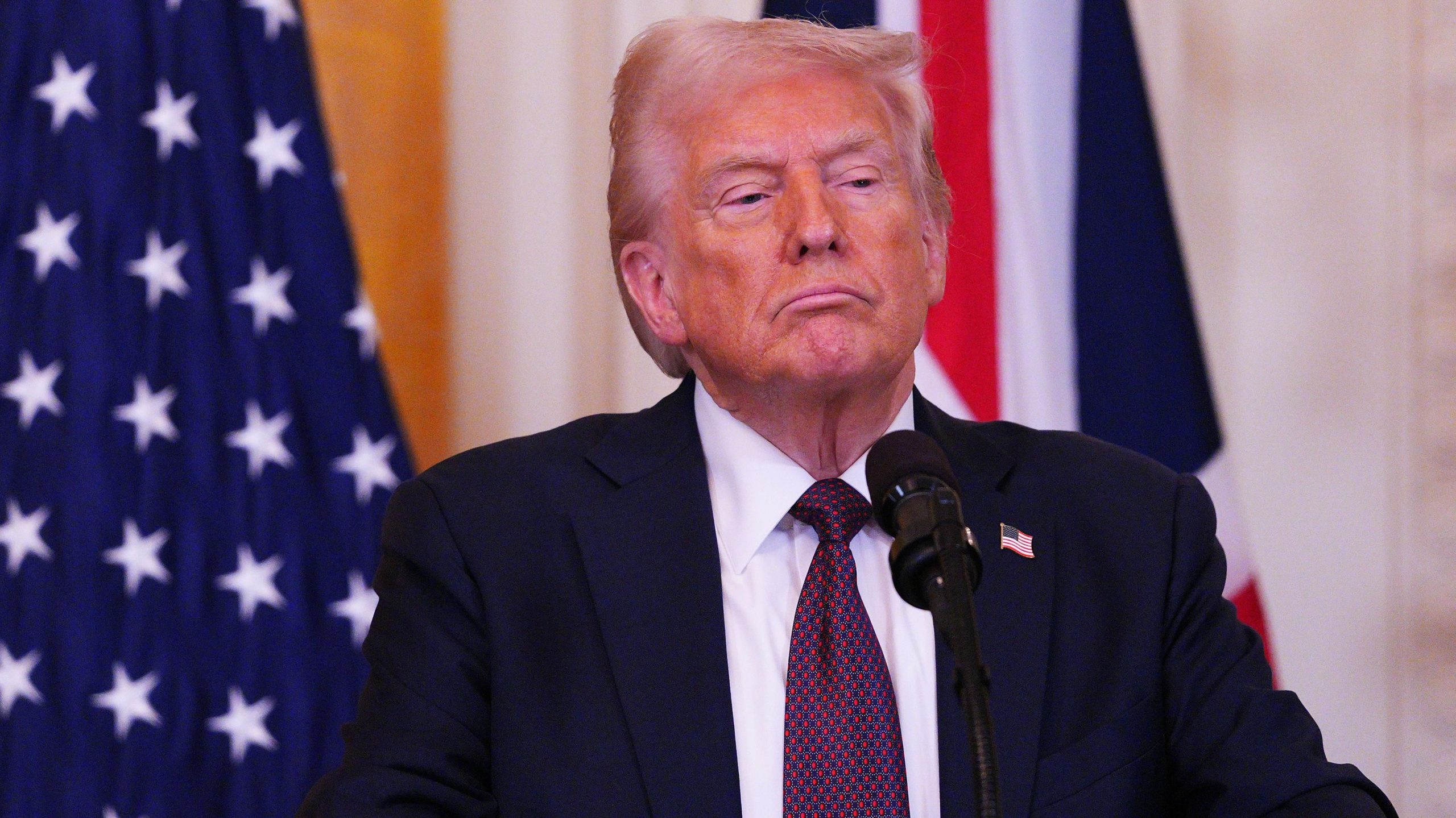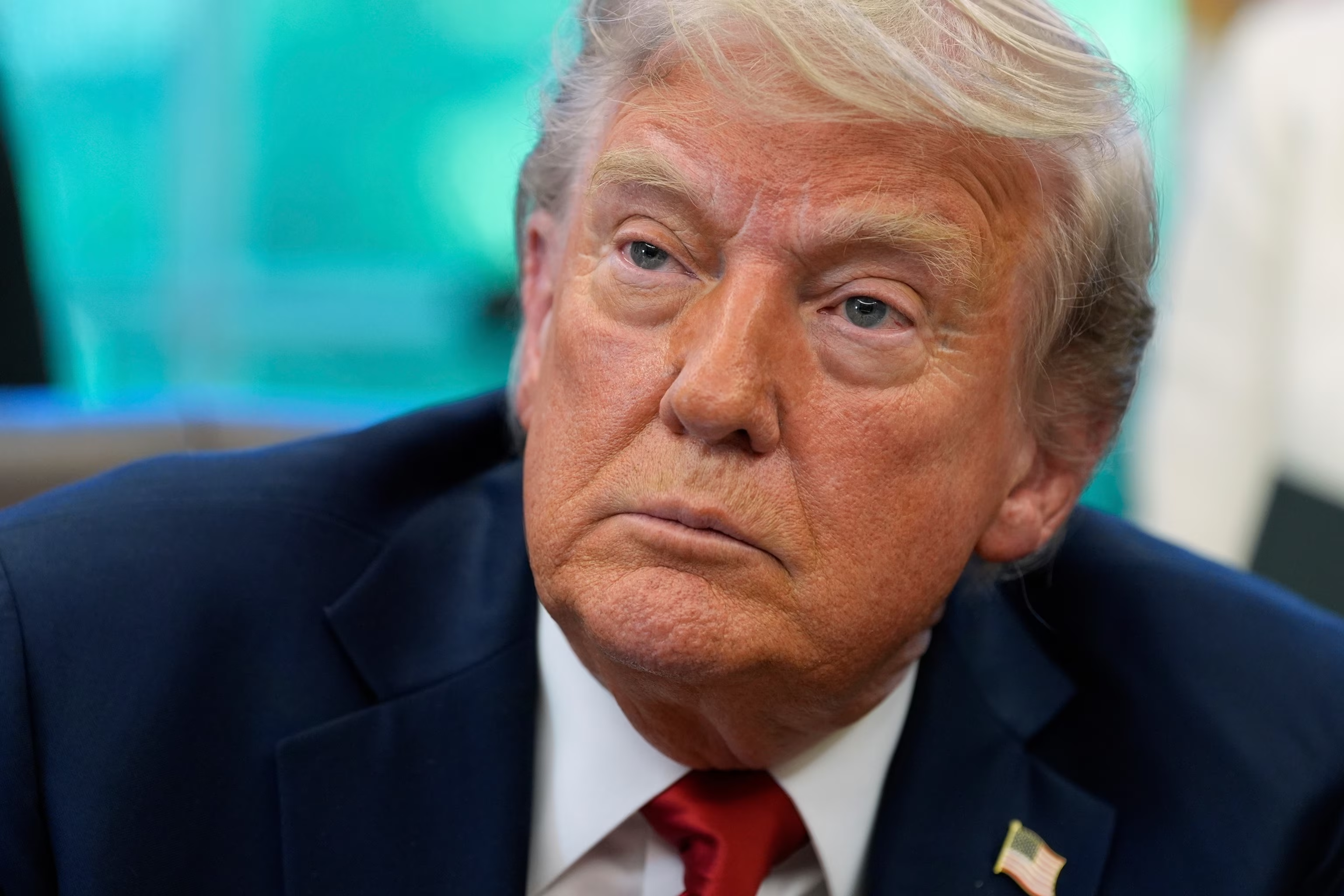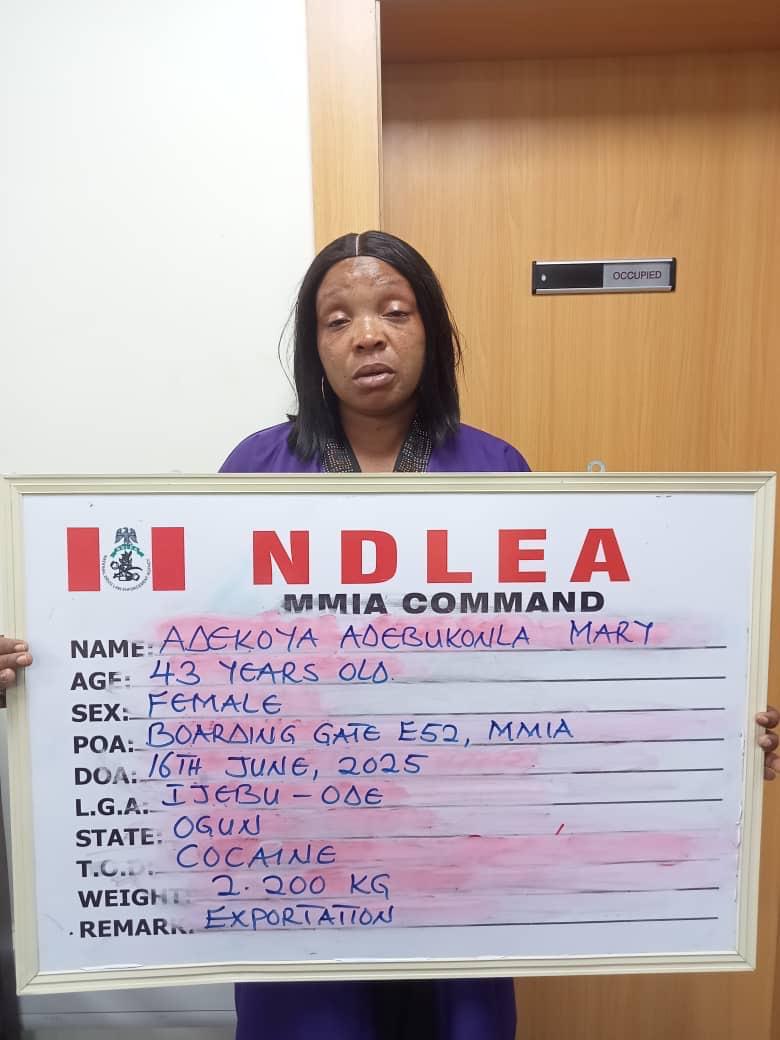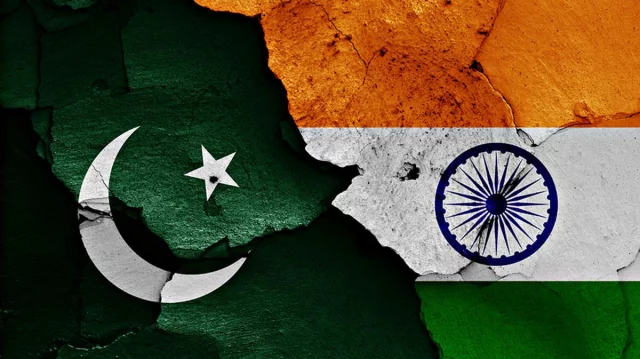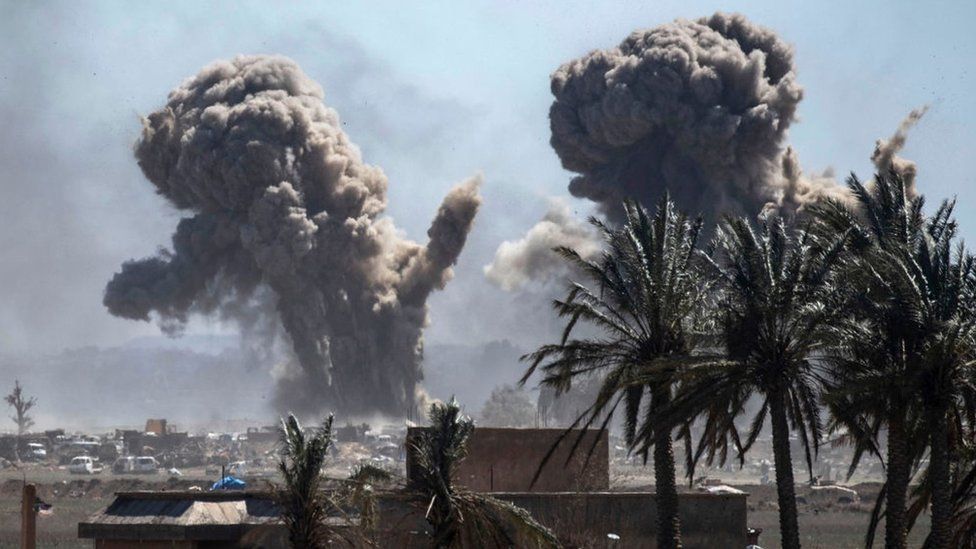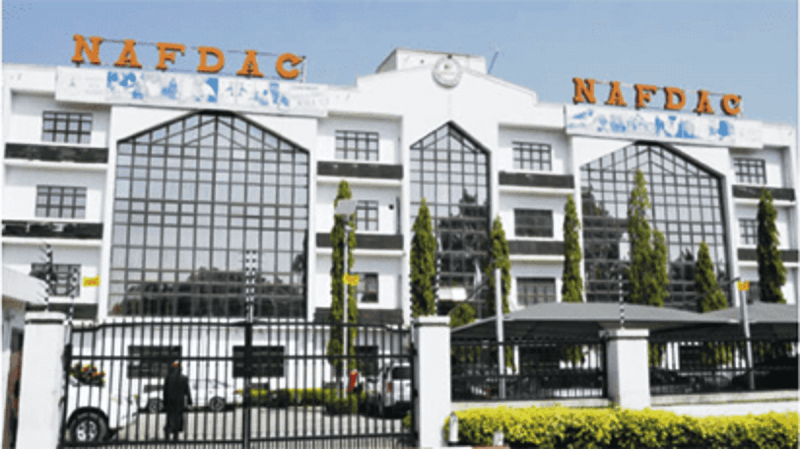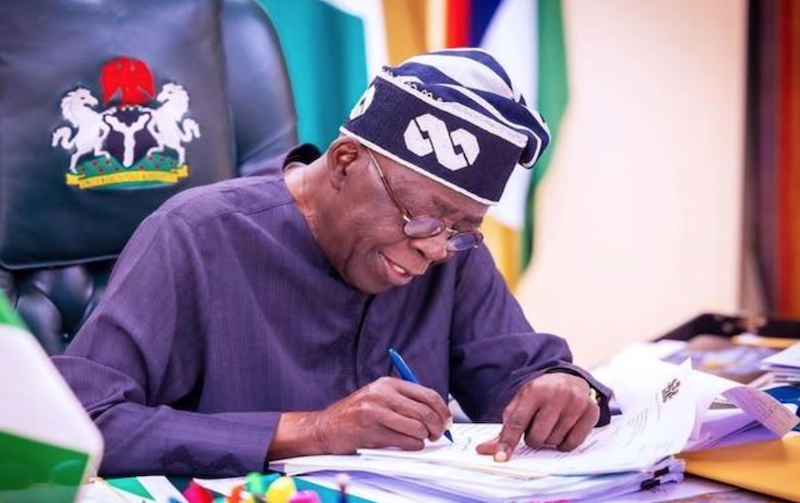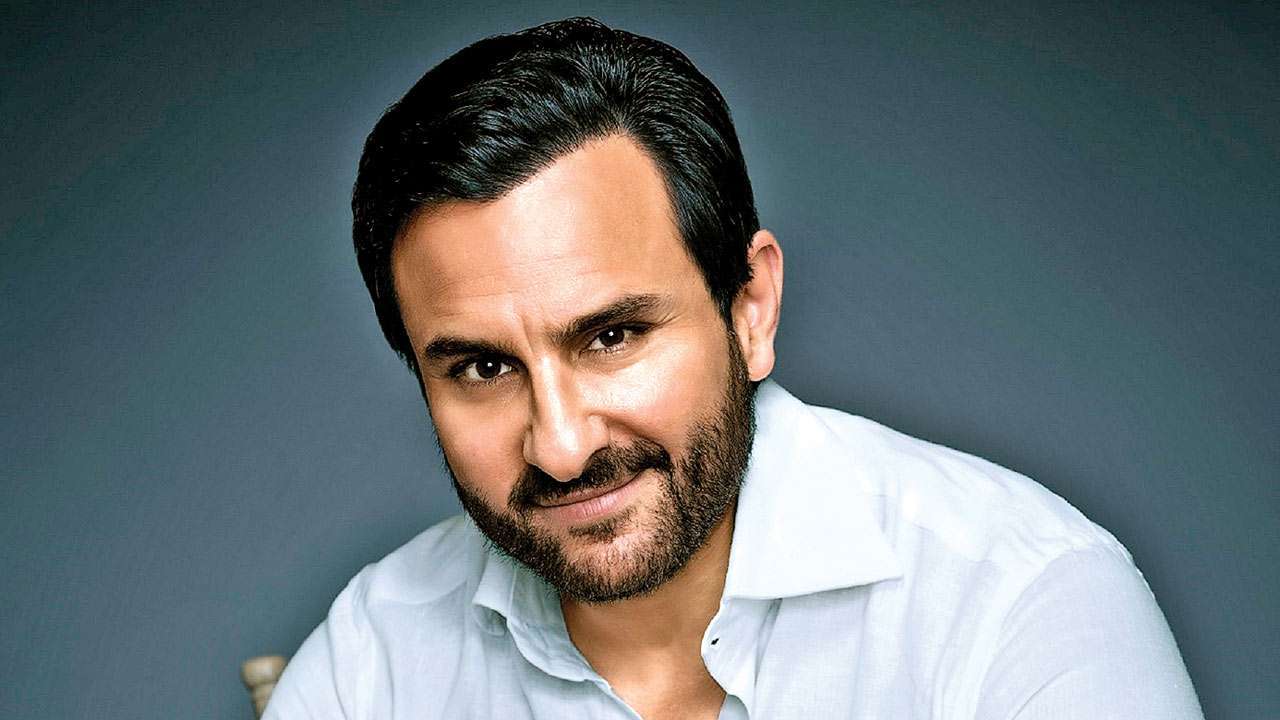The National Agency for Food and Drug Administration and Control (NAFDAC) says it has blacklisted an India company, Aveo Pharmaceuticals, for producing a range of harmful addictive pills capable of causing death.
The Director-General of NAFDAC, Prof Mojisola Adeyeye, at a news conference in Abuja on Friday, said the company is situated at the outskirts of Mumbai in India.
She said that the company was involved in the production, sales and exportation of addictive pills containing harmful mix of Tapentadol (a powerful opioid) and Carisoprodol, a banned muscle relaxant with addictive properties that could result to overdosing or cause death.
According to the NAFDAC boss, the mix comes as Tafrodol or Royal 225.
The NAFDAC boss said that a BBC World Service investigation revealed that packets of these brands, branded with Aveo Logo, had been on sale on the streets of Ghana, Nigeria, and Cote D’Ivoire towns and cities.
“Aveo Pharmaceuticals, India, is also implicated in the manufacture of high dose tramadol for export to countries in West Africa, including Nigeria.
“This press briefing is to inform the public that NAFDAC has never registered Tafrodol or Royal 225 or a strength of tramadol greater than 100 mg (the prescription strength), or any product manufactured by Aveo Pharmaceuticals Pvt Limited.
“Therefore, drawing from the NAFDAC Act Cap N. 1 Law of the Federation of Nigeria (LFN) 2004, and the Counterfeit and Fake Drugs and unwholesome Processed Foods (Miscellaneous Provisions) Act Cap C. 34 LFN 2004, NAFDAC has decided to blacklist Aveo Pharmaceuticals Pvt Limited.
“We have also put in place measures to prevent future registration of any product manufactured by this company.
“The public is, therefore, advised to support NAFDAC’s fight against fake, substandard and falsified pharmaceutical products.
“They are also advised to avoid the use of unregistered products and consumption of medicines without prescription from trained medical practitioners,” Adeyeye said.
She said that an undercover operative sent inside the factory hidden camera , posing as an African businessman looking to supply opioids to Nigeria, recorded his interaction with one of Aveo’s directors, Vinod Sharma.
Sharma confessed to the exportation of large consignments of these combination of drugs across West Africa and their distribution for abuse as street drugs and opioids.
Adeyeye said that this combination of drugs was not licensed for use anywhere in the world and was not registered by NAFDAC, noting that it could cause breathing difficulties and seizures .
The NAFDAC boss said that an overdose of the drugs could kill, adding that, in spite the risks, these opioids were popular as street drugs in many West African countries, because they were so cheap and widely available.
The D-G assured the public that NAFDAC would continue to deploy various methods to ensure that only quality, safe, and efficacious medicines are available for distribution, sale and use within Nigeria.
According to her, NAFDAC has consistently worked to ensure that the public health is protected through the entrenchment of international best practices during product registration, which include dossier reviews, Good Manufacturing Practice (GMP) inspection, and laboratory analysis of products intended for registration.
She said that among it, the agency also worked on Post Marketing Surveillance activities and Pre-shipment Inspection Scheme, also known as Clean Report of Inspection and Analysis (CRIA) Scheme for high-risk countries like India.
She explained that these measures were there to support NAFDAC’s efforts at preventing importation and distribution of substandard, fake, and falsified pharmaceutical products in Nigeria.
Adeyeye said that NAFDAC had intensified its enforcement activities against the sale of illicit and counterfeit Pharmaceuticals across major distribution channels and hub across the country.
She said that this would continue to happen to make Nigeria an uncomfortable place to engage in such unethical and unapproved distribution of fake, substandard and falsified pharmaceutical products.
The NAFDAC boss said that the agency was also working with other regulatory authorities and security agencies to curb their entry into Nigeria through the borders, and thereby prevent the distribution and circulation of these dangerous products.
She said that with partnership with the public, NAFDAC would continue to carry out its major mandate of safeguarding the health of Nigerians.
